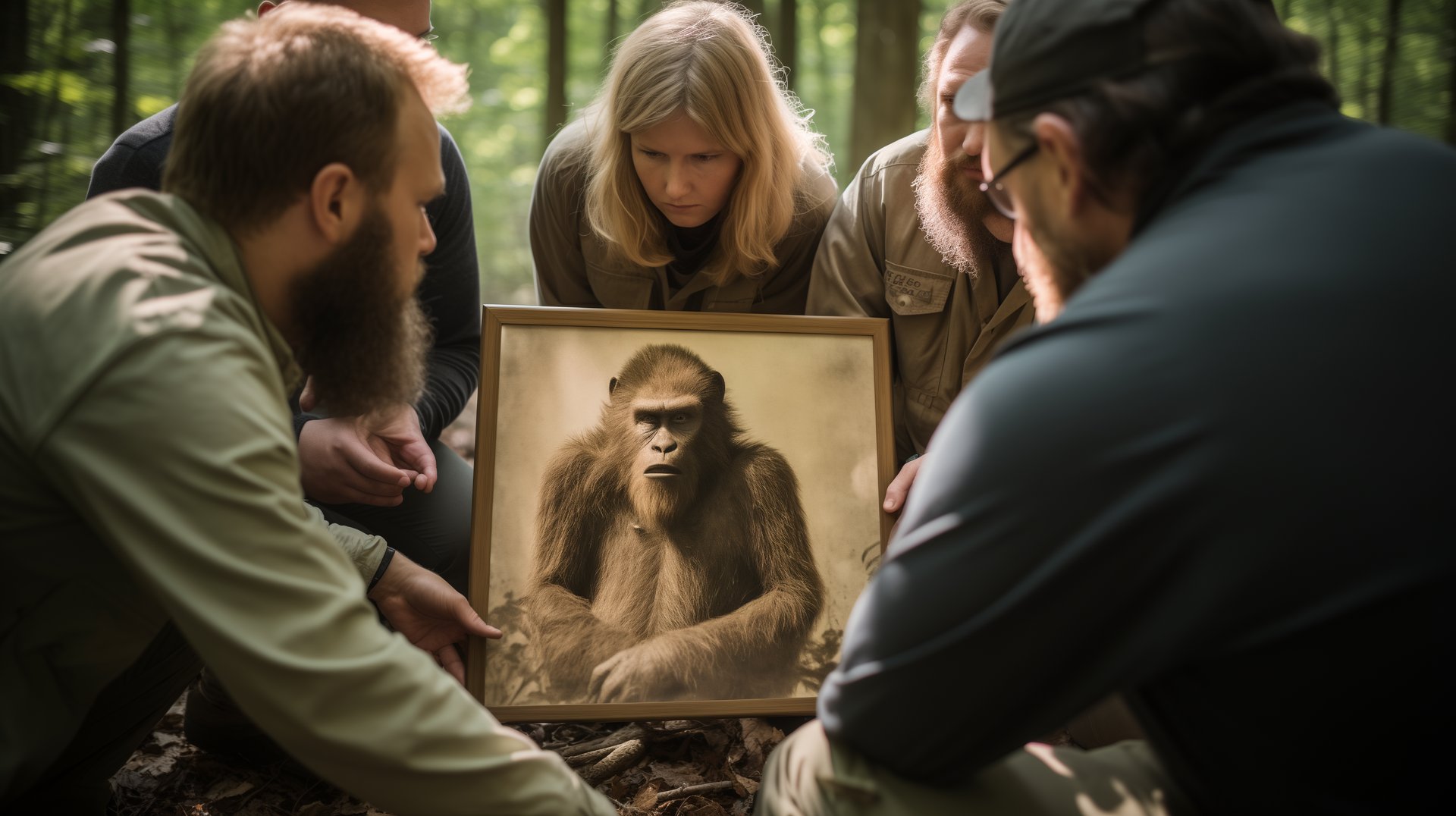Peer Review in Bigfoot Research: Striving for Scientific Integrity
"Exploring the complexities of peer review within the Bigfoot research community,


Peer Review in Bigfoot Research: Striving for Scientific Integrity
Bigfoot researchers definitely have the potential to come together for peer review, but there are quite a few challenges to consider. One big issue is the diversity of perspectives needed for effective peer review. Typically, experts from various fields contribute their insights, but in Bigfoot research, finding people with the right expertise, like in primatology or anthropology, who are also open to participating in peer review, can be tough.
Another challenge is the subjectivity and bias that can creep into the process. Peer review relies on impartial evaluation, but in a field like Bigfoot research where beliefs and biases run deep, staying objective can be a real challenge.
Then there's the matter of established journals. Peer-reviewed journals are where most scientific research gets published, but there aren't many dedicated to Bigfoot or cryptozoology. This means fewer opportunities for peer review within the community.
Quality and credibility are also key concerns. Peer review helps ensure research meets certain standards, but in Bigfoot research where methods can vary widely and there's a lack of standardized practices, maintaining quality and credibility can be tricky.
Finally, there's the issue of openness to criticism. Effective peer review relies on researchers being open to feedback and willing to revise their work, but in a field where people are deeply attached to their theories, this openness may be hard to come by.
Despite these challenges, there's hope for Bigfoot researchers to improve their peer review practices. By fostering collaboration across disciplines, encouraging open dialogue and critical evaluation, and developing peer review processes tailored to the community's unique needs, Bigfoot researchers can take steps towards enhancing the scientific rigor and credibility of their work.

